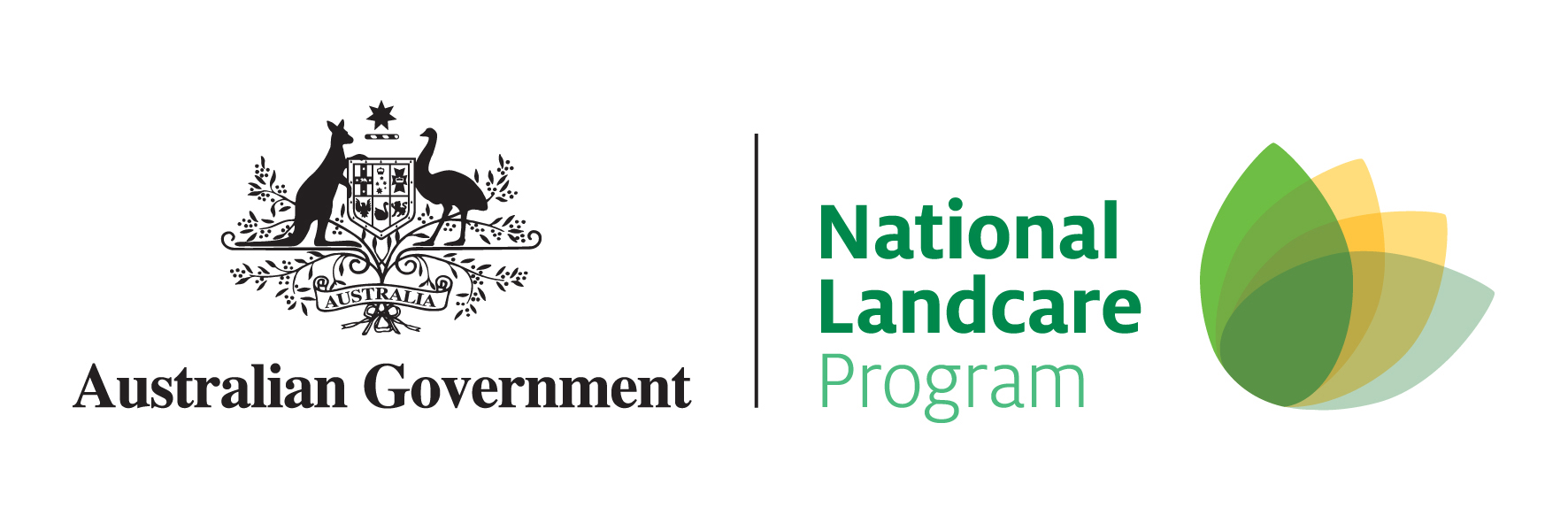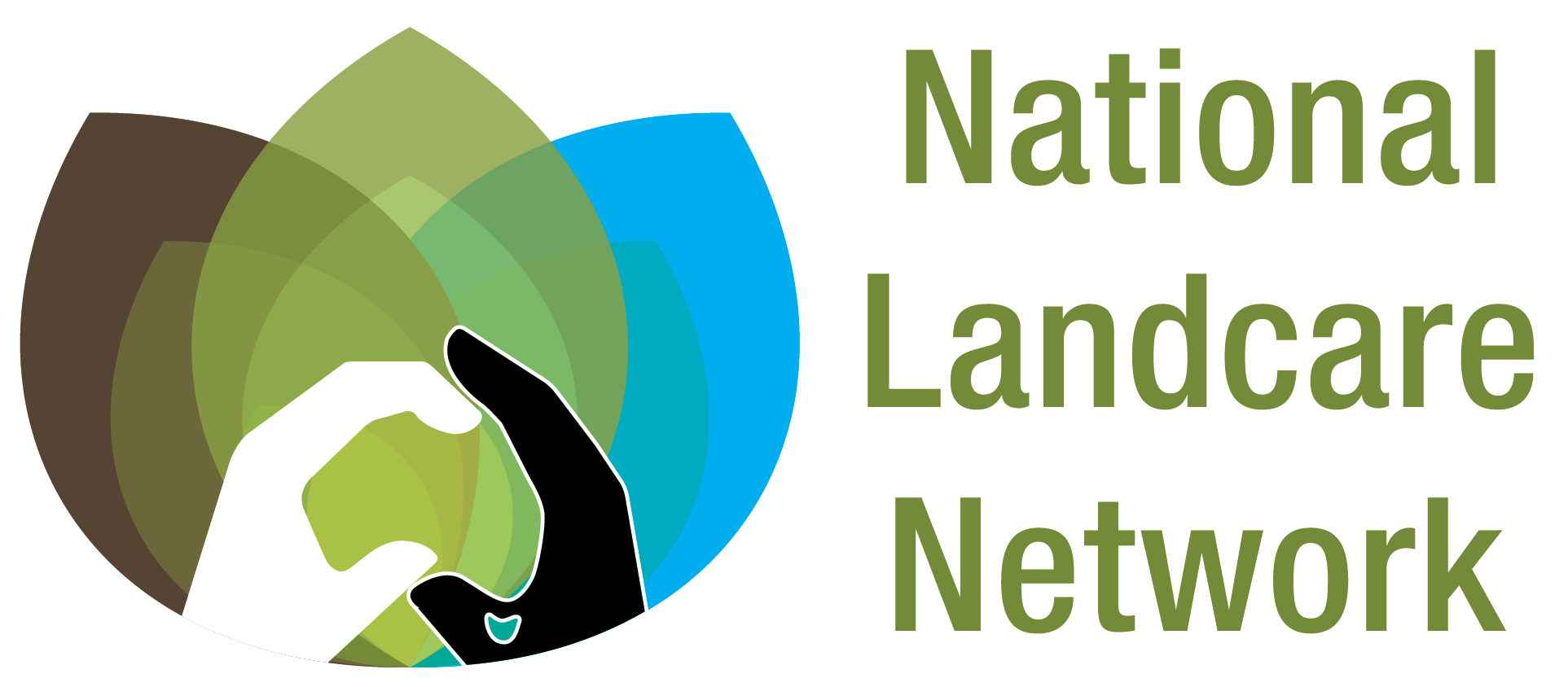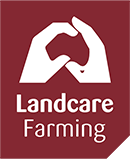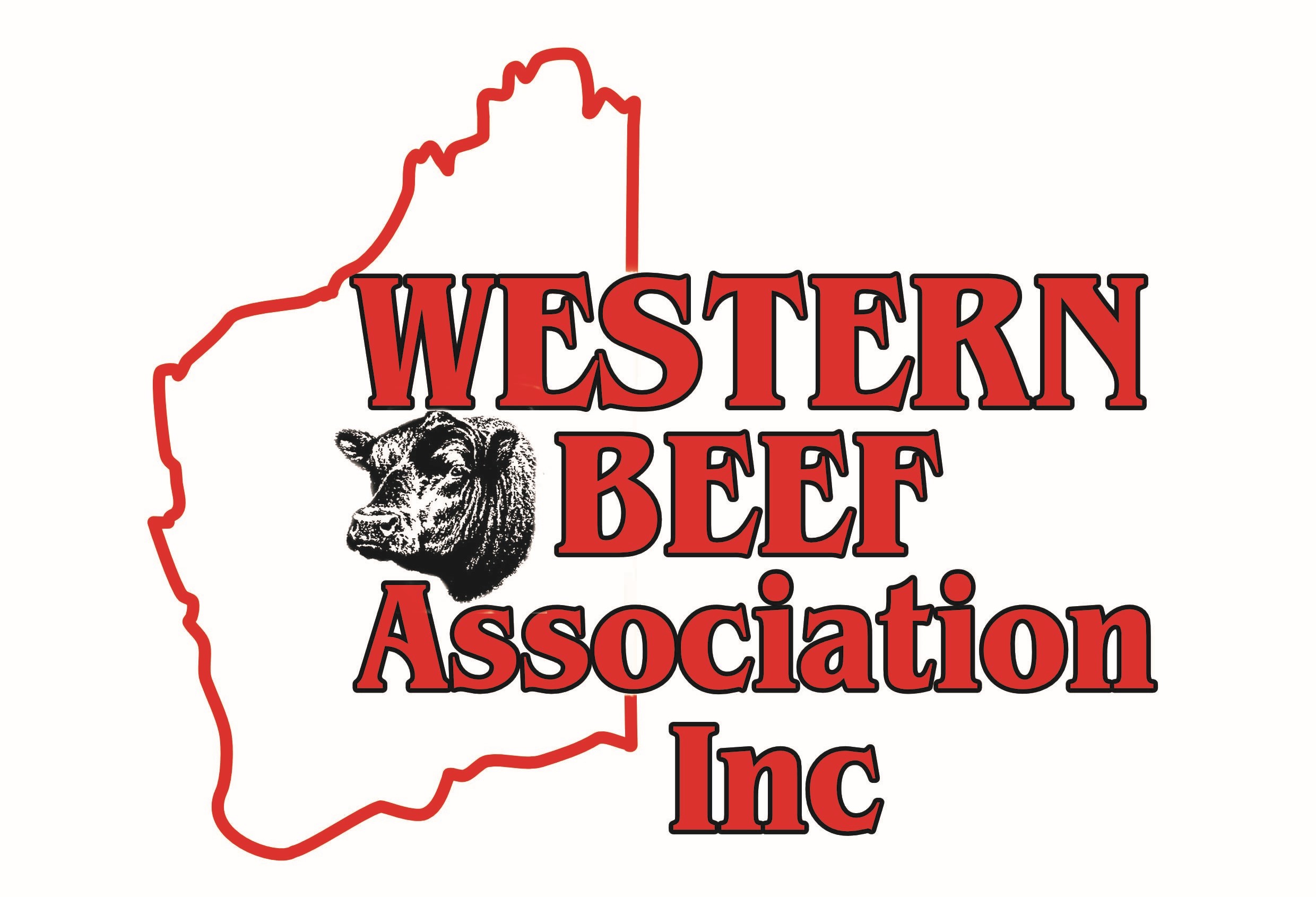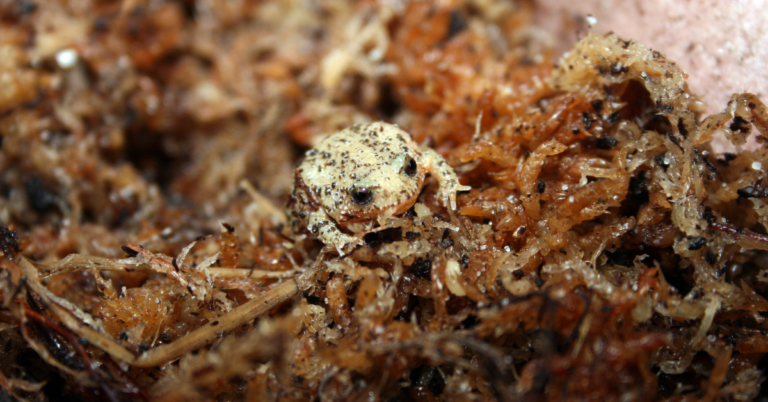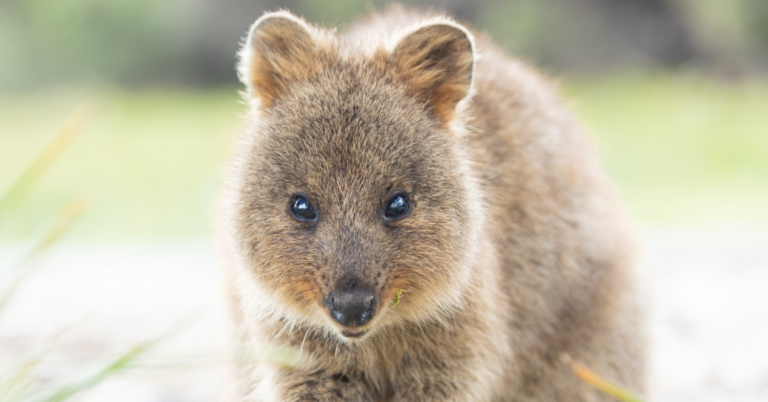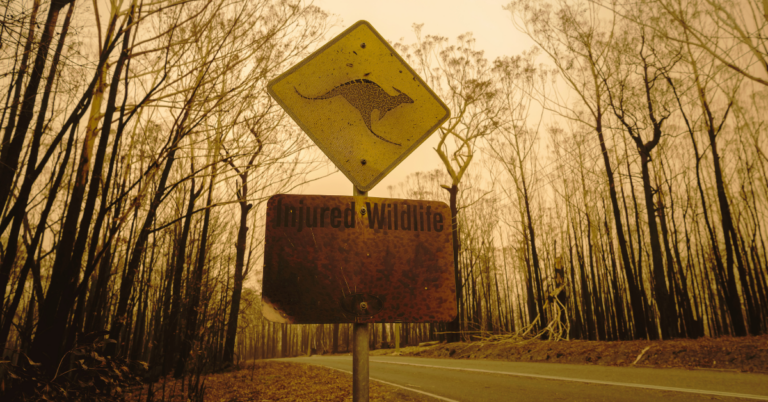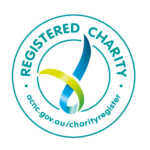Key outcomes
- South West farmers trained in carbon accounting to understand and monitor their emissions profile
- ‘Farmer-friendly’ soil carbon measurement protocol developed to assist decisions around soil carbon farming.
South West NRM has recently completed soil sampling at ten farms across the region, as part of a program aimed at helping farmers to measure, benchmark and build soil carbon and reduce their carbon footprint.
In 2021, South West NRM supported eight farmers to develop carbon accounts to find out where greenhouse gases were being emitted in their operations. A central question arising from this work was how soil carbon levels can be measured and increased in exchange for carbon credits to offset emissions.
To address this question, sampling was undertaken at forty sites over three months. A ‘farmer-friendly’ protocol was developed, allowing landholders to confidently sample to 30cm and monitor changes in soil carbon over time. This will help them decide if they want to run a soil carbon project to offset their emissions.
South West NRM’s new sampling protocol, developed in liaison with WA’s Regional Soils Coordinator Jen Clausen, is based on CSIRO’s SCaRP methodology. A length of exhaust pipe is used to take cores to 30 cm at 10 random points in a 400m2 area. Samples are analysed for total organic carbon, moisture content, bulk density and gravel content.
South West NRM collated the results of the soil tests and paddock histories and developed a Soil Carbon Monitoring Protocol, which can be downloaded under ‘Resources’ below.
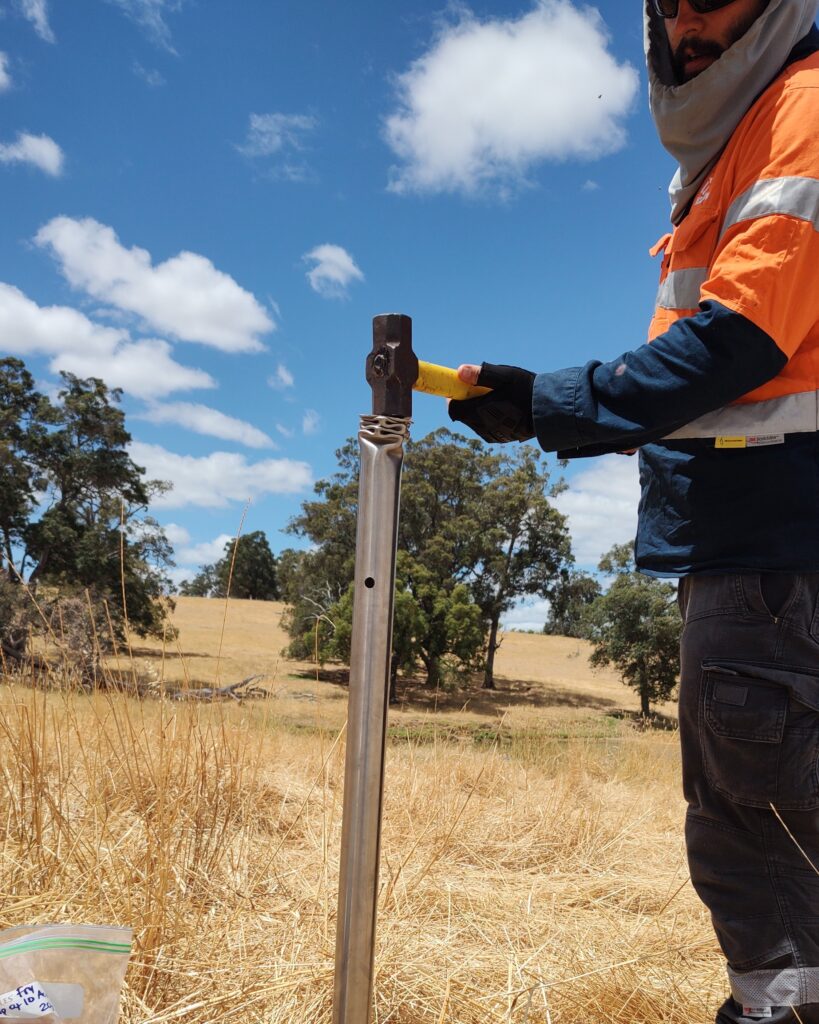
This project is funded by the Landcare Farming Program, a joint partnership between the National Landcare Network and Landcare Australia, funded by the Australian Government, in collaboration with Western Beef and Manjimup Pasture Group.

